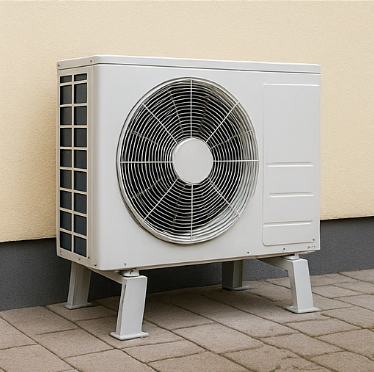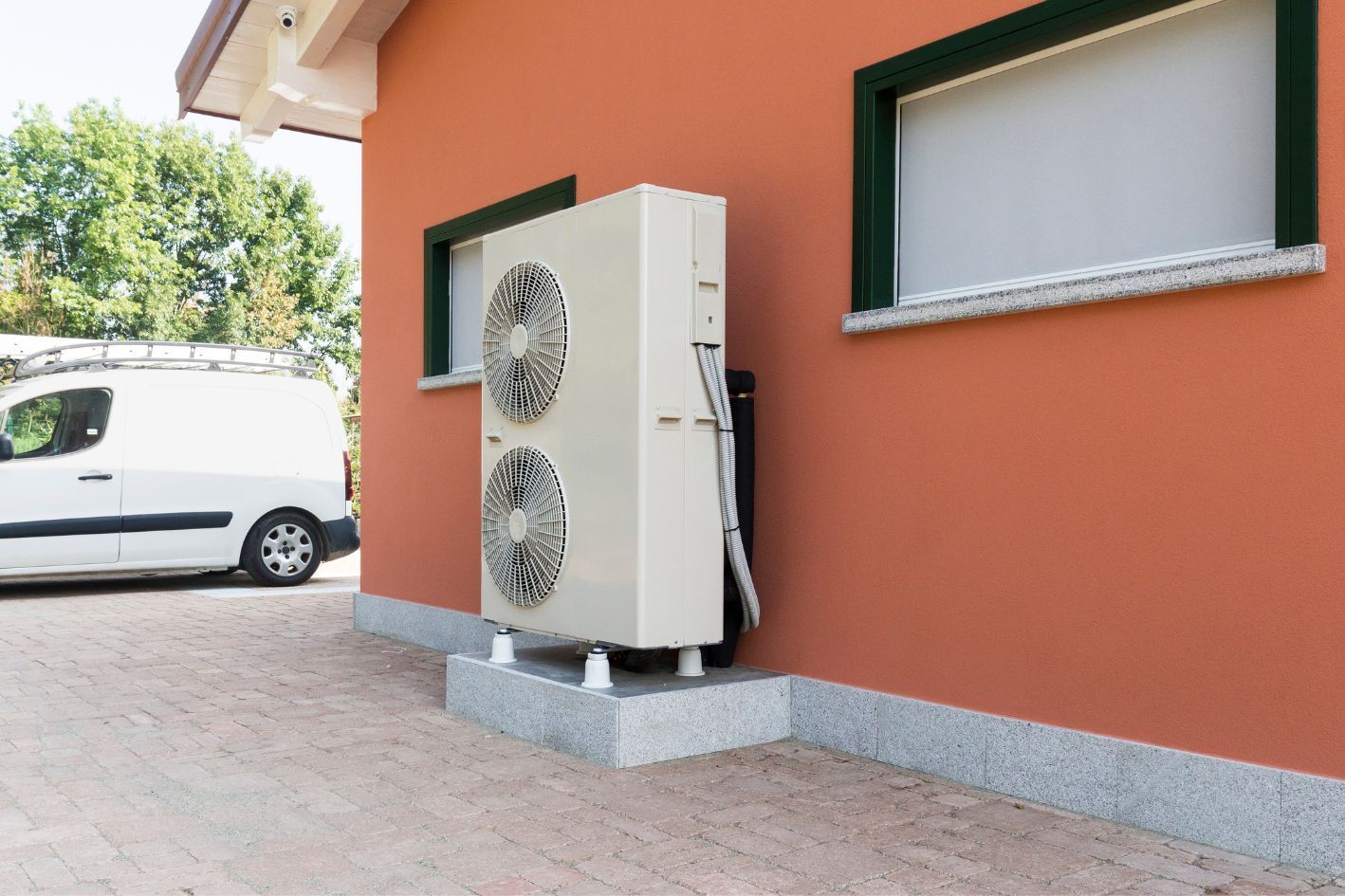Understanding Air Source Heat Pump Performance Data: A Comprehensive Guide
In the world of heating and cooling, air source heat pumps (ASHPs) have become increasingly popular due to their energy efficiency and versatility. However, making sense of their performance data can be challenging. This guide will help you navigate the key metrics and understand what they mean for your home's comfort and energy consumption.
Coefficient of Performance (COP)
The
Coefficient of Performance (COP) is a crucial metric in evaluating heat pump efficiency. It represents the ratio of heat output to electrical energy input. For example, a COP of 3 means the heat pump produces three units of heat energy for every 1 unit of electrical energy consumed. When interpreting COP, it's important to note that higher values indicate better efficiency. Most ASHPs typically have a COP ranging from 2 to 5. Remember that COP varies with outdoor temperature, usually decreasing in colder conditions.
Seasonal Performance Factor (SPF)
While COP provides a snapshot of efficiency at a specific point, the
Seasonal Performance Factor (SPF) offers a more comprehensive view. SPF calculates the average COP over an entire heating season, accounting for variations in temperature and operating conditions. When assessing SPF, you should look for higher values indicating better year-round efficiency. It's beneficial to compare SPF ratings between different models for a fair comparison. Additionally, consider your local climate when evaluating SPF, as performance can vary by region.
Heating and Cooling Capacity
Capacity refers to the heating or cooling an ASHP can provide, usually measured in kilowatts (kW) or British Thermal Units (BTU). Understanding capacity is essential for ensuring your heat pump can meet your home's needs. When evaluating capacity, matching it to your home's size and insulation level is crucial. Be aware that capacity can decrease in extreme temperatures, which may affect performance in certain climates. Some models offer variable capacity, adjusting output based on demand, which can provide more efficient operation.
Sound Levels
While not directly related to heating performance, noise levels are an essential consideration for comfort. Sound output is typically measured in decibels (dB). When interpreting sound data, remember that lower numbers indicate quieter operation. It's essential to consider both indoor and outdoor unit noise levels, as they can impact your living environment differently. Be aware that sound levels may increase during defrost cycles or at higher capacities, so factor this into your decision-making process.
Understanding these key performance indicators can help you
make an informed decision when selecting an air source heat pump. When interpreting this data, always consider your specific needs and local climate conditions, and
consult with a professional
for personalised advice.












